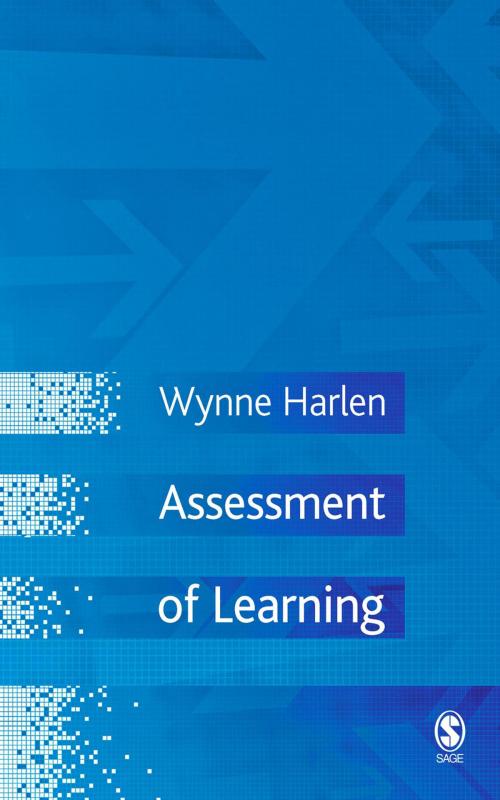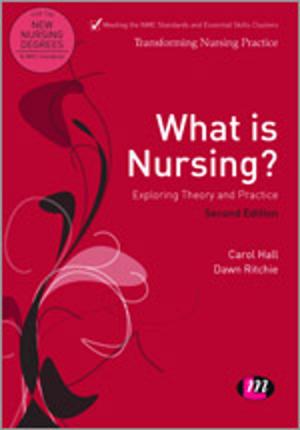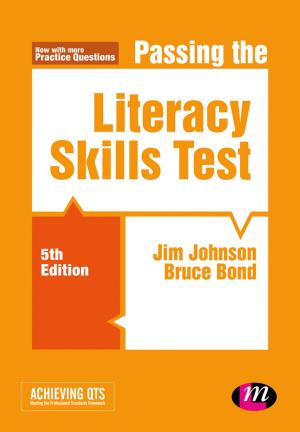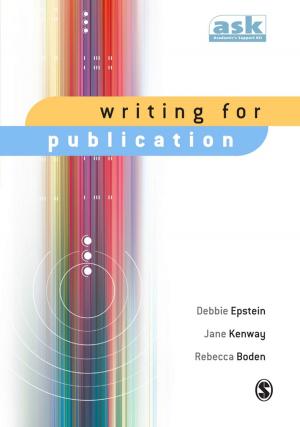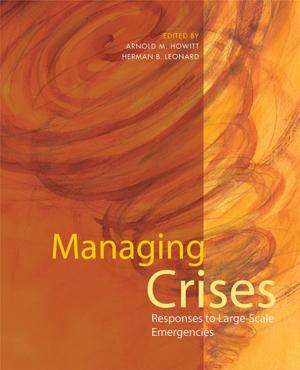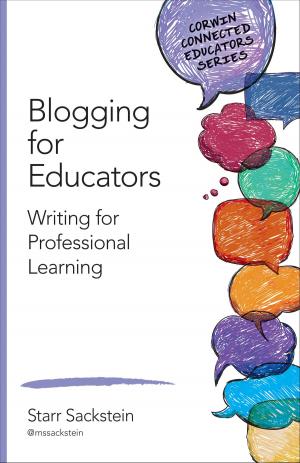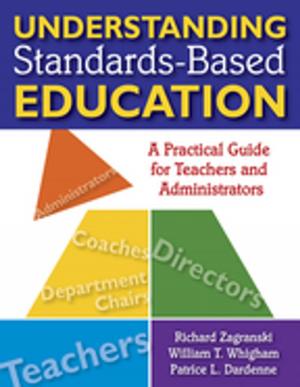Assessment of Learning
Nonfiction, Reference & Language, Education & Teaching, Educational Theory, Testing & Measurement| Author: | Dr. Wynne Harlen | ISBN: | 9781446223123 |
| Publisher: | SAGE Publications | Publication: | October 2, 2007 |
| Imprint: | SAGE Publications Ltd | Language: | English |
| Author: | Dr. Wynne Harlen |
| ISBN: | 9781446223123 |
| Publisher: | SAGE Publications |
| Publication: | October 2, 2007 |
| Imprint: | SAGE Publications Ltd |
| Language: | English |
This book takes a critical look at how students' achievements are assessed for a range of purposes, from reporting progress to selection and qualification. It considers the relationship between what is taught, and how, and what and how learning outcomes are assessed. The impact of using assessment results for setting targets and evaluation of provision for learning is also discussed.
The pros and cons of using tests and examinations and alternatives based on the judgments of teachers are considered in terms of four key criteria: validity, reliability, impact and required resources. Evidence from research and examples of current practice in different countries within and outside the UK support the case for making more and better use of teachers' judgments in assessment of learning. In this way assessment of learning (summative assessment) can be compatible with assessment for learning (formative assessment).
This book takes a critical look at how students' achievements are assessed for a range of purposes, from reporting progress to selection and qualification. It considers the relationship between what is taught, and how, and what and how learning outcomes are assessed. The impact of using assessment results for setting targets and evaluation of provision for learning is also discussed.
The pros and cons of using tests and examinations and alternatives based on the judgments of teachers are considered in terms of four key criteria: validity, reliability, impact and required resources. Evidence from research and examples of current practice in different countries within and outside the UK support the case for making more and better use of teachers' judgments in assessment of learning. In this way assessment of learning (summative assessment) can be compatible with assessment for learning (formative assessment).
